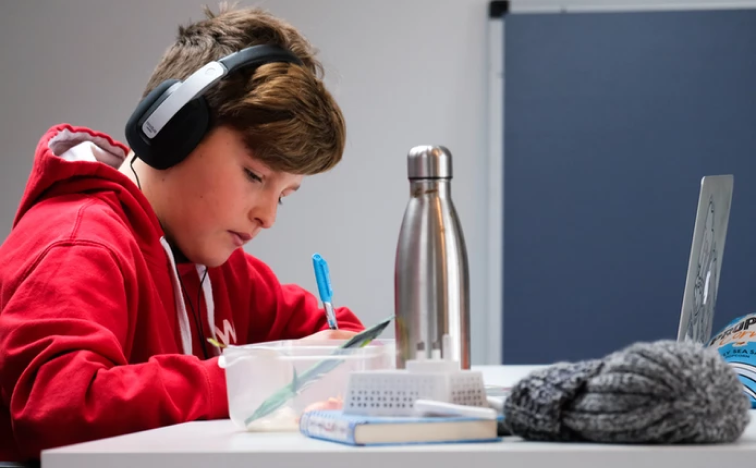What is Sound Therapy for Kids?
The world obviously sounds very different from babies than adults. Sometimes, it is full of lumps that make it difficult for babies to distinguish one sound from the surrounding noise, says a University of Washington scientist. That's because babies are generalists and hear all the same at the same time so that they can respond to unexpected sounds, reports Lynne Werner, a UW professor of speech and hearing science, in the May issue of The Journal of the Acoustical Society of America. Listening to music helps your child grow up in every way possible.

The world obviously sounds very different from babies than adults. Sometimes, it is full of lumps that make it difficult for babies to distinguish one sound from the surrounding noise, says a University of Washington scientist. That's because babies are generalists and hear all the same at the same time so that they can respond to unexpected sounds, reports Lynne Werner, a UW professor of speech and hearing science, in the May issue of The Journal of the Acoustical Society of America. Listening to music helps your child grow up in every way possible.

The amazing effect that music has on the mind begins even before it is born. Recent research has shown that babies exposed to classical music in the womb show positive changes in physical and mental development after birth. In a recent study, embryos were introduced into 70 hours of classical music during the last weeks of pregnancy. At six months, these children were more advanced in motor skills and language and psychological development than children who did not receive musical inspiration. Babies are born with nerve cells that are freely connected to their bodies - a variety of cognitive and psychological experiences help to establish and strengthen cell-cell communication. Scientists now believe that listening to music is the key to brainstorming and learning. Listening to music during pregnancy will not only have a soothing and uplifting effect on a pregnant woman, but it will also have a positive effect on the unborn. About 16-18 weeks pregnant, the little one hears its first sound. By 24 weeks, the ear canal grows rapidly and babies are shown to turn their heads to respond to sounds and sounds in the last few months of pregnancy, the unborn baby can see its mother's voice, her native language, word patterns, and rhymes











